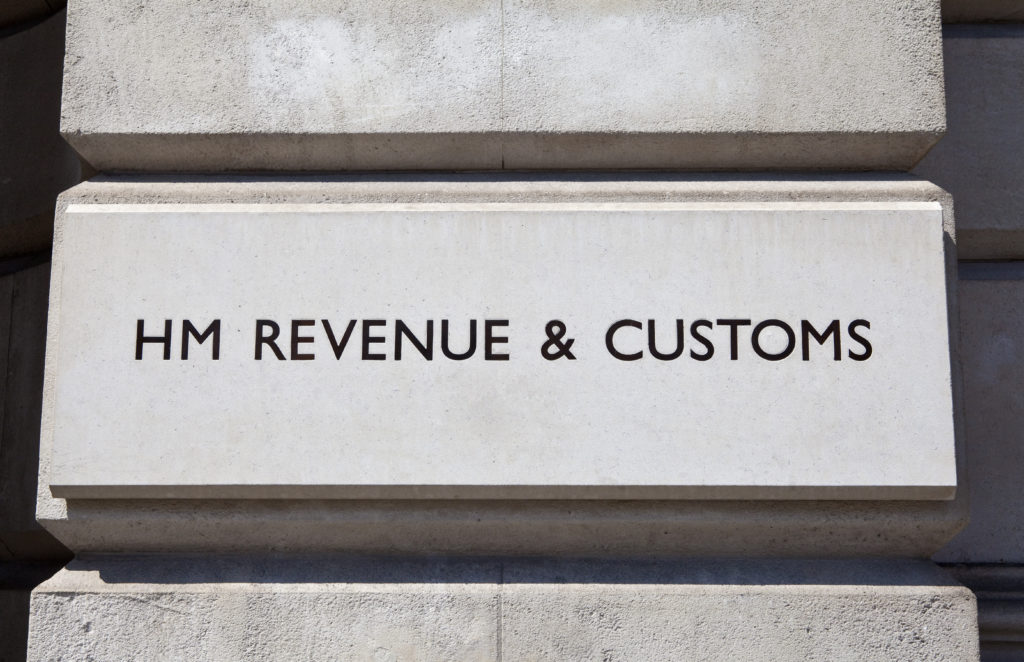
The HMRC data also found that land and property stamp taxes (SDLT) receipts have decreased by 25% from £11,600m to £8,670m between 2019 to 2020 and 2020 to 2021.
HMRC said this fall was due to a combination of COVID-19 restrictions and the introduction of the SDLT holiday in July 2020.
Stamp taxes on shares and other liable securities (SDRT and SD) receipts have risen by 2% from £3,620m to £3,675m between 2019 to 2020 and 2020 to 2021.
Residential SDLT receipts have fallen by 29% between 2019 to 2020 and 2020 to 2021, from £8,420m to £6,010m and non-residential receipts decreased by 16% between 2019 to 2020 and 2020 to 2021, from £3,180m to £2,660m.
SDLT receipts in England have mirrored the fall in total receipts between 2019 to 2020 and 2020 to 2021, decreasing by 25% from £11,520m to £8,610m.
As well as this, SDLT receipts in Northern Ireland have also shown a large fall from £80m to £60m between 2019 to 2020 and 2020 to 2021.
London was the area with the highest amount of SDLT receipts in 2020 to 2021, £3,455m or 40% of total SDLT receipts. This was slightly higher, up 2%, than in 2019 to 2020.
Properties valued at £250,000 or less accounted for 51% of all transactions (8% lower than 2019 to 2020). These properties accounted for 11% of total SDLT receipts (the same as 2019 to 2020).
Properties valued at over £1m accounted for 3% of all transactions (no change from 2019 to 2020). These properties accounted for 57% of total SDLT receipts (12% higher than in 2019 to 2020).
There were 237,200 transactions that were eligible to pay the higher rates on additional dwellings (HRAD), which was 6,900 (3%) higher than in 2019 to 2020.
HRAD receipts were £3,370m in 2020 to 2021 which is £450m (12%) lower than in 2019 to 2020.
113,500 transactions benefited from first-time buyers’ relief (FTBR) in 2020 to 2021, with an estimated £362m relieved in total.
This has fallen markedly over the last year from 222,700 transactions and £541m relieved.
HMRC said the main reason for this large fall is the introduction of the SDLT holiday where there is no benefit in people claiming the relief.
As from July 2020 no tax is payable on the first £500,000 of the purchase price of residential property.
Karen Noye, mortgage expert at Quilter, said: “As one would expect considering that the stamp duty holiday has been in play stamp duty land tax receipts have plummeted by 25% between 2019 to 2020 and 2020 to 2021.
“When compared with the huge number of property transactions that have been taking place you can see how effective the holiday has been in attracting buyers to market at an economically turbulent time.
“While the massive changes to our working lives will have played a role in people’s decision to up sticks, the stamp duty holiday really gave people the impetus to make the move.
“Without the holiday many might have adopted a wait and see approach.
“However, the consequence of so many people choosing to take advantage of the holiday is that house prices have skyrocketed.
“With the stamp duty holiday now completely off the table there is likely to be a deflation in house prices.
“Unfortunately, the stamp duty holiday has done little to help first time buyers as they already had the option of first time buyer stamp duty relief.
“Added to this the holiday pushed prices up and increased competition in the market making getting on the housing ladder an even more difficult task.
“The stats show that additional dwellings transactions accounted for 23% of residential transactions and 56% of residential receipts in 2020 to 2021 which is an 11% rise since 2019 to 2020.
“First-time buyers have therefore been competing in a market against second home buyers or landlords that may have much more cash to play with and can out those who are strapped for cash.
“All predictions point to an economically difficult winter with rising inflation, the prospect of COVID coming back with a vengeance and continuing supply issues.
“These issues may slow down the property market considerably as there will no longer be the impetus of the stamp duty holiday to attract buyers to market.
“Working habits continue to evolve though so people may still be moving to take advantage of a life less chained to the office.”



